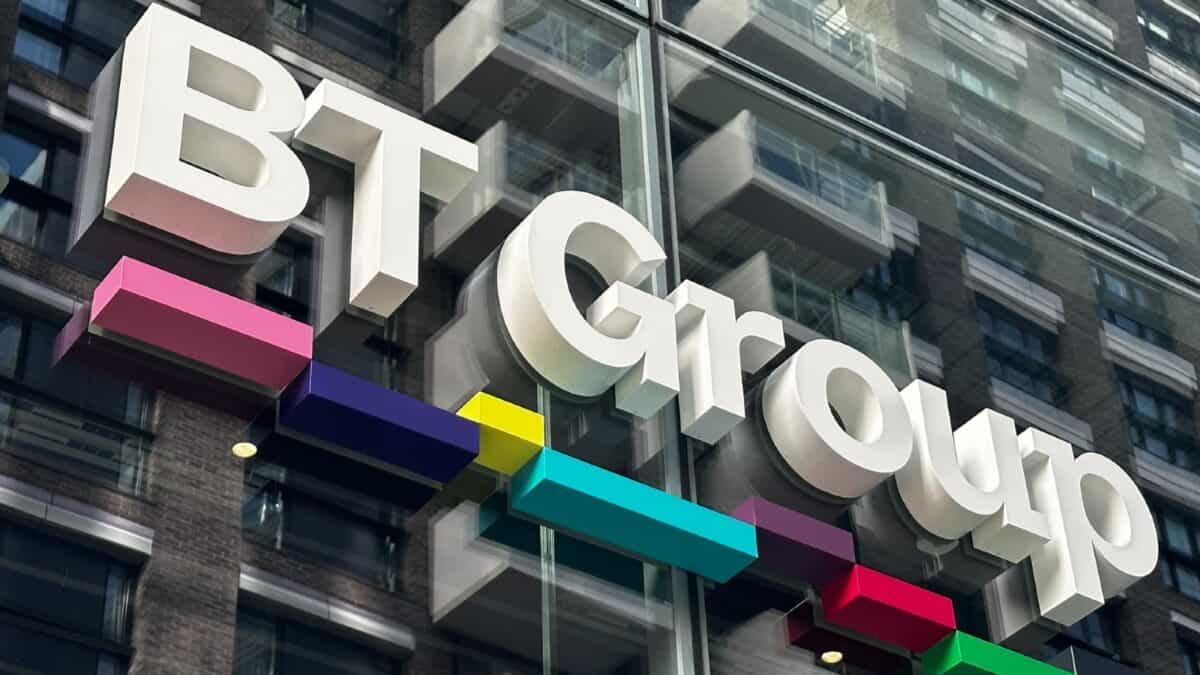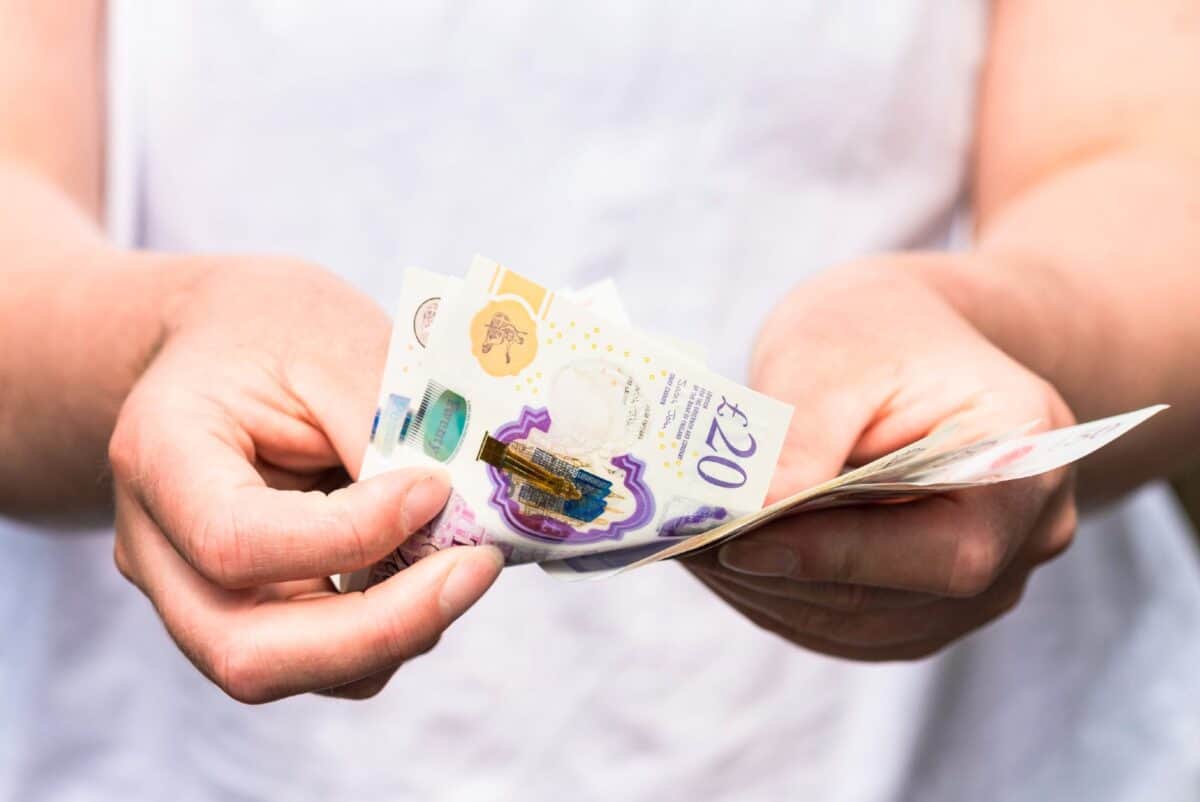Image source: BT Group plc
Since March 2019, the BT (LSE:BT.A) share price has been the fourth worst-performing on the FTSE 100. It’s crashed by 50%, beaten only by St James’ Place, Ocado and International Consolidated Airlines.
A falling share price could be indicative of a reduction in the dividend. Indeed, for the year ended 31 March 2023 (FY23), the company paid 7.7p a share, compared to 15.4p in FY19.
But the stock’s still yielding 7.2% — well above the FTSE 100 average of 3.9% – which could be a sign that investors are expecting a further cut.
Seeing into the future
The company regularly publishes a summary of analysts’ forecasts on its website. And if correct, these will disappoint income investors.
For each of the next three years, the average of these predictions is forecasting a lower dividend than now — 7.44p for FY24, then 7.2p for FY25 and 7.31p for FY26.
However, even the lowest of these would imply a current yield of 6.8%. Again, this is comfortably higher than the average of its Footsie peers.
Encouragingly, the forecasts for earnings per share (EPS) suggest there’s plenty of headroom for a dividend in excess of 7p.
For example, the expected payout for FY24 is half the anticipated EPS of 14.9p. Should the company’s results be slightly worse than expected, there’s still plenty of scope to maintain the dividend.
This makes me think there must be another reason why investors appear to have fallen out of love with the stock.
And looking at the company’s prospectus from 1984 — published at the time of its privatisation — I think there are some clues as to why BT’s share price performance has been so disappointing in recent years.
A history lesson
At 31 March 1984, the company had a stock market valuation of £7.8bn.
Today – nearly 40 years later – it’s increased by ‘only’ 36%, to £10.7bn. But when inflation is taken into account, it’s fallen by 54%!
For the year ended 31 March 1984, its EPS was 18.1p – higher than the figures expected for FY24 (14.9p), FY25 (14.8p) and FY26 (15p).
In other words, after nearly four decades, the company’s financial performance has worsened.
A familiar story
BT isn’t alone in experiencing falling earnings. Vodafone has suffered a similar fate. Its share price has also halved over the past five years.
The problem is that the telecoms sector requires huge investment but the returns generated, largely due to intense competition, haven’t kept pace. A backdrop of rising interest rates over the past couple of years hasn’t helped the situation either.
In nominal terms (ignoring inflation), BT’s borrowings are now seven times higher than they were on flotation. But it hasn’t benefitted from this investment. For the year ended 31 March 1984, its return on equity was 16.6%. In FY23, it was 13.1%.
According to Barclays, only the utilities sector performs worse when sales and earnings, relative to the amounts invested, are analysed.
In my opinion, the disappointing BT share price performance has more to do with the industry in which it operates, rather than the company itself. It might not be growing rapidly – its performance over the next three years is expected to be solid, if unspectacular – but the dividend at current levels looks affordable to me.
Credit: Source link













